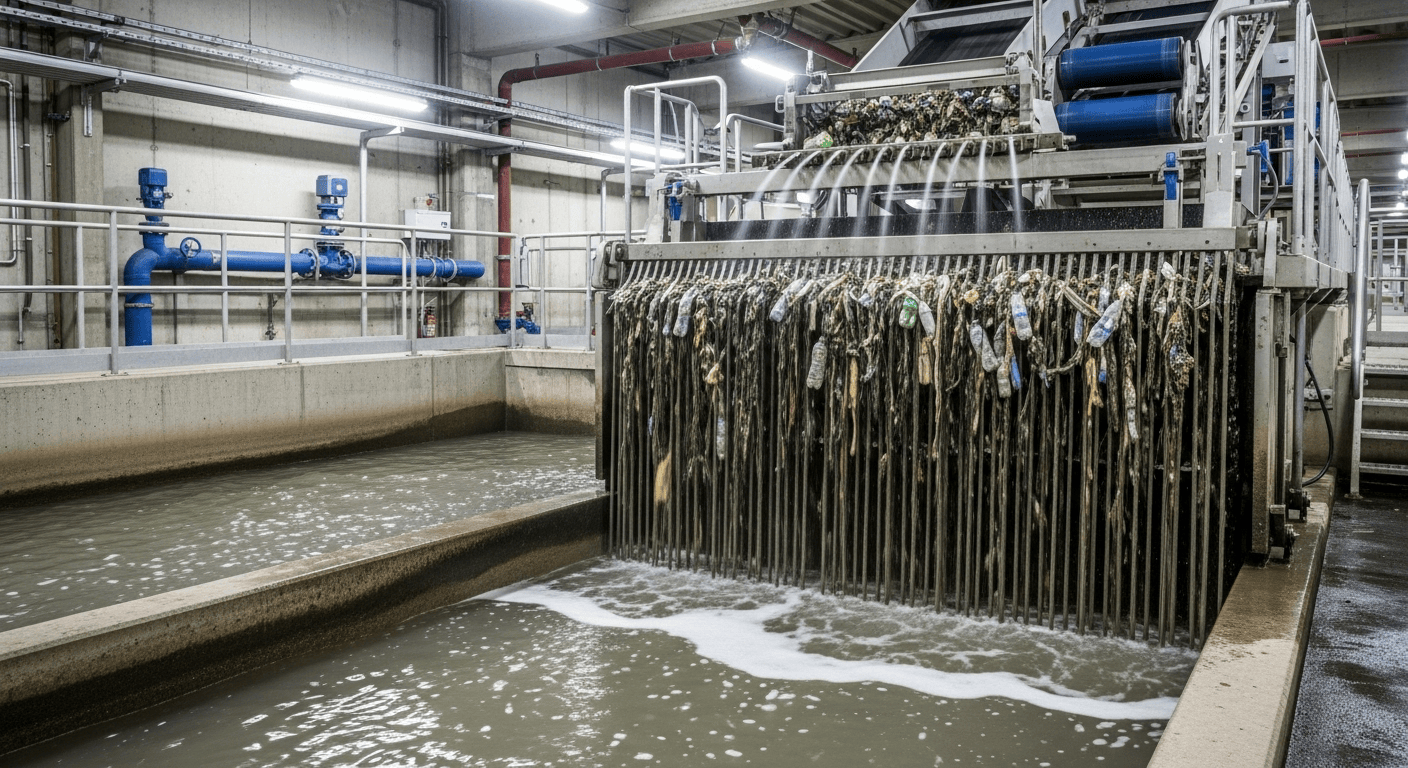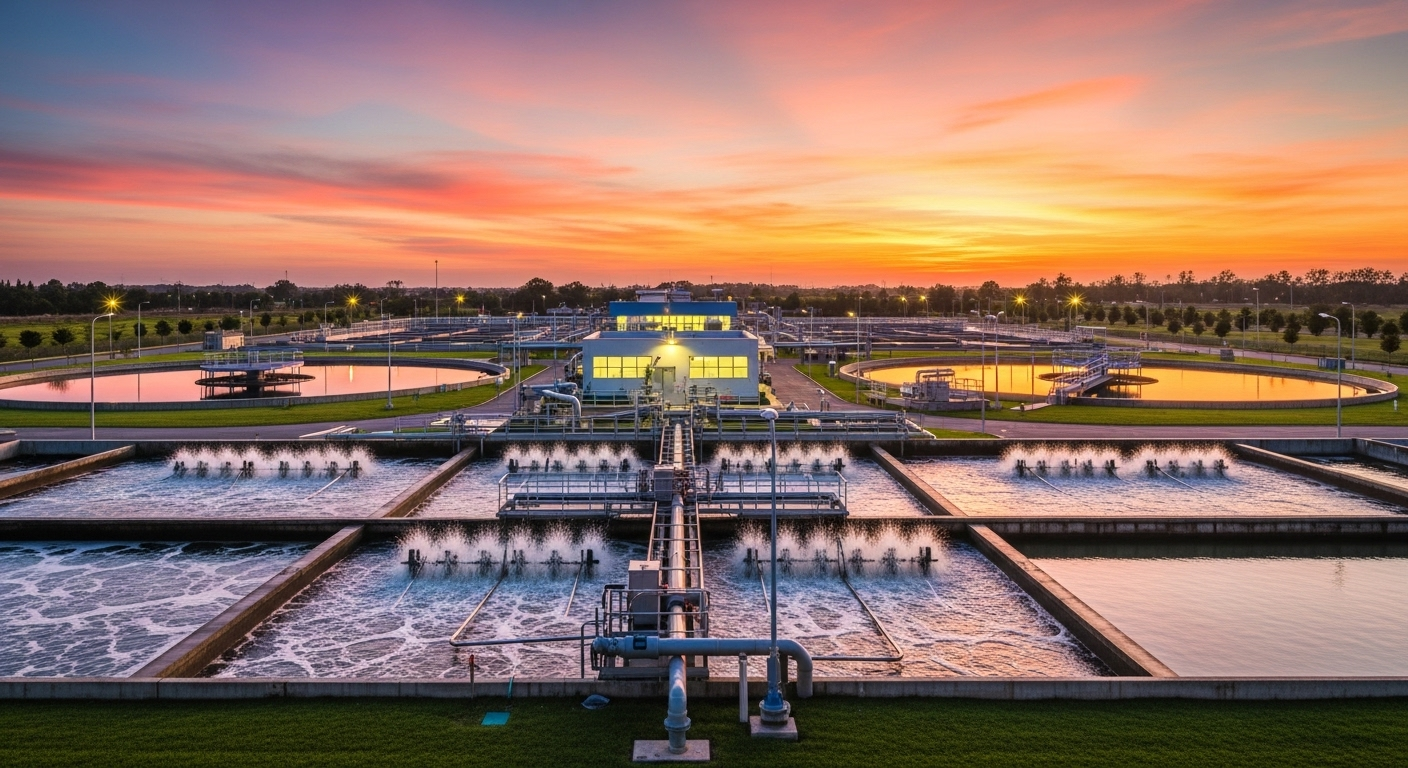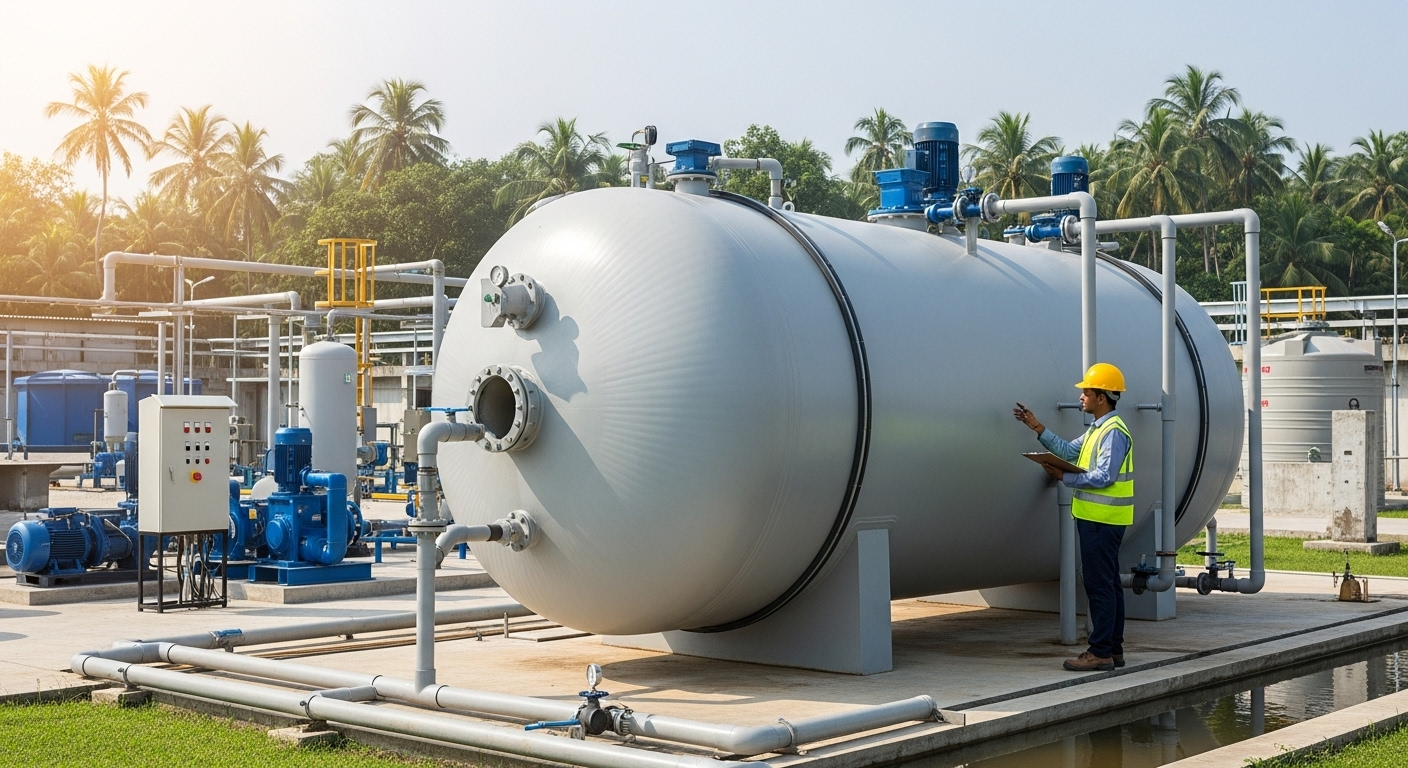Bangladesh, a country with a burgeoning population, is facing significant environmental challenges, particularly in the realm of water quality and public health. As urbanization and industrial activities accelerate, the need for effective wastewater management has become paramount. Wastewater treatment plants (WWTPs) play a critical role in safeguarding public health and the environment. This blog explores the multifaceted impacts of these plants in Bangladesh.
Understanding Wastewater Treatment Plants
Wastewater treatment plants are facilities designed to treat and manage wastewater generated from domestic, industrial, and agricultural sources. Their primary goal is to reduce pollutants, pathogens, and chemical contaminants before the treated water is released into the environment or reused. In Bangladesh, where rivers and water bodies are vital for livelihoods and ecosystems, WWTPs are crucial for maintaining water quality.
Impact on Public Health
- Reduction of Waterborne Diseases: One of the most significant impacts of WWTPs is the reduction of waterborne diseases. Untreated sewage is a breeding ground for pathogens that cause diseases such as cholera, dysentery, and typhoid. By treating wastewater, WWTPs minimize the risk of these diseases, contributing to overall public health improvement.
- Improvement of Drinking Water Quality: Treated wastewater can be safely discharged into water bodies that serve as sources of drinking water. Improved water quality reduces the incidence of health issues directly linked to contaminated drinking water, ultimately decreasing healthcare costs for the government and communities.
- Public Awareness and Education: The establishment of WWTPs often comes hand in hand with public education campaigns about sanitation and hygiene. These efforts raise awareness about the importance of wastewater treatment in public health, encouraging communities to adopt better practices in waste management.
Environmental Impact
- Protection of Aquatic Ecosystems: By treating wastewater before it is released into rivers and lakes, WWTPs help to protect aquatic ecosystems. Reducing the load of nutrients and toxins released into water bodies prevents phenomena such as algal blooms, which can devastate local flora and fauna and disrupt the food chain.
- Sustainable Resource Management: Treated effluent can be reused for agricultural irrigation, industry, or landscape irrigation. This sustainable practice conserves freshwater resources, reduces the strain on local water bodies, and bolsters food security in a country that heavily relies on agriculture.
- Mitigation of Climate Change: Properly managed WWTPs can contribute to climate change mitigation by capturing methane gas produced during the treatment process. This biogas can be harnessed as a renewable energy source, thus reducing reliance on fossil fuels and lowering greenhouse gas emissions.
Challenges Facing WWTPs in Bangladesh
While the benefits of wastewater treatment plants are clear, there are significant challenges that must be addressed:
- Infrastructure Limitations: Many existing WWTPs are outdated or underfunded, leading to inefficiencies in treatment processes. Investments in modern technology and infrastructure are crucial for enhancing performance.
- Public Engagement: Engaging the community in discussions about the importance of wastewater treatment can sometimes prove difficult. Education and awareness campaigns need to be robust and impactful.
- Regulatory Framework: The absence of stringent regulations and enforcement mechanisms can lead to non-compliance by industries discharging untreated wastewater. Strengthening regulatory frameworks is essential for protecting public health and the environment.
Final Thought
Wastewater treatment plants are indispensable to improving public health and preserving the environment in Bangladesh. By effectively managing wastewater, these facilities can mitigate the risks associated with waterborne diseases, protect aquatic ecosystems, and promote sustainable resource management. However, addressing the challenges that hinder their effectiveness is crucial. With the right investment, community engagement, and regulatory support, Bangladesh can harness the full potential of wastewater treatment plants, leading to a healthier and more sustainable future for its citizens and the environment.




